- Kiambu Resident Magistrate Brian Khaemba said there was no offence like driving while drunk
He ignored prosecution’s argument that alcoblow test results showed Michael Mugo, the accused motorist, had consumed beyond the required limit
- The magistrate said police failed to prove the motorist was unable to control the vehicle
- He accused police officers of misunderstanding the Traffic Act’s stipulation on driving under the influence of alcohol
- Khaemba stated that one was only liable for the offence if they are found to be unable to control the vehicle
- He said a motorist who was too drunk to drive could not overpower two sober trained police officers
A Kiambu Court has made a landmark ruling that will push traffic officers to reconsider arresting motorists for the offence of driving under the influence of alcohol.
Kiambu Senior Resident Magistrate Brian Khaemba highlighted police officers’ lack of know-how of Section 44 (1) of the Traffic Act, stating that being drunk alone was not a crime.
In the ruling delivered in favour of Michael Mugo who was arrested for driving under the influence of alcohol along Banana-Ruaka Road on Wednesday, May 23, 2018, Khaemba said one was liable for such an offence only if they were unable to control the motor vehicle.
The prosecution had argued that an alcoblow test conducted on Mugo established he had surpassed the minimum 0.35mg threshold clocking 0.53mg instead, but the magistrate overlooked the submission.
Section 44 (1) of the Traffic Act states any person who, when driving a motor vehicle on a road or other public place, is under influence of drink or drug to such an extent as to be incapable of having proper control of the vehicle, shall be guilty of an offence.
“The issue to be determined in this matter is whether the driver was under influence of drink or drug. If yes, whether as a result of the drink or drug he was incapable of having proper control of the vehicle,” the magistrate said.
He was dissatisfied with the prosecution’s case stating that there was no proof to show the accused was unable to take proper control of the vehicle or was affected by the drink.
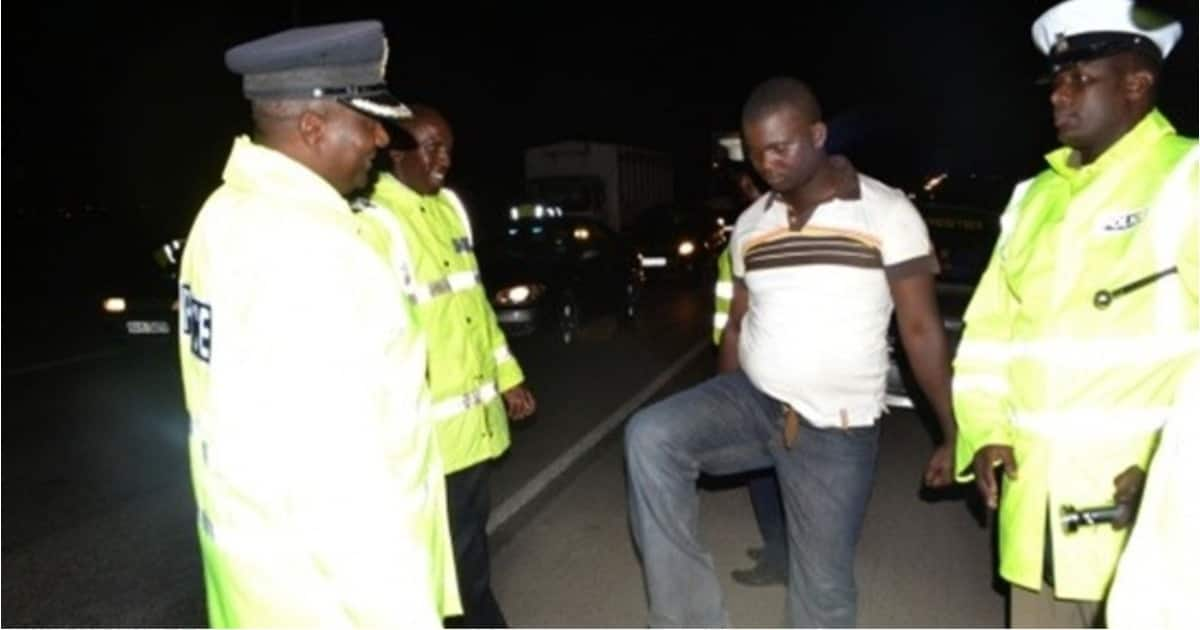
“All was presented before me is the accused was driving under influence of alcohol, which in itself is not an offence. Police have been under a mistaken belief that being found driving while drunk per se amounts to an offence under Section 44 of the Traffic Act. They are so wrong,” Khaemba said.
The court stated that there must be evidence that the drunk driver was in fact not having proper control of the vehicle.
Making reference to the prosecution witnesses’ account, Khaemba said the conduct of the driver did not reflect that of a person who was too drunk to control a car.
“In the instance case, it appears the accused was not at all affected by the drink and that is why the base commander was not able to arrest him. He called for help of his colleague and then an Administration Police officer but were still overpowered. Such is not conduct expected of a person who is alleged to be too drunk to control a car,” ruled the magistrate.
He said the prosecution was unable to raise a prima facie case by providing evidence to prove the accused was unable to take control of the vehicle.
He reiterated that the control of the vehicle or lack of it was crucial in determining the sentence.



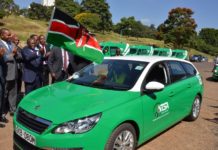
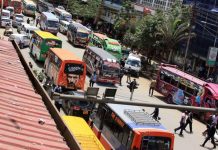
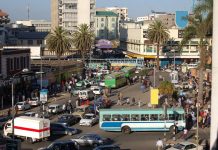
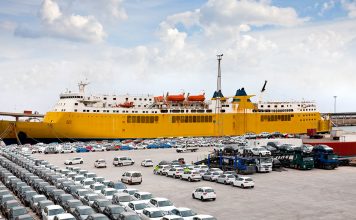
![Top 20 Used Cars to Avoid Buying in Kenya – [PHOTOS]](https://kenyacarbazaar.com/blog/wp-content/uploads/2013/11/top-used-unreliable-cars-to-avoid2-80x60.jpg)



![Here are some of the best tuned cars in kenya by state of the art garages [PHOTOS]](https://kenyacarbazaar.com/blog/wp-content/uploads/2013/11/29402_10151301757042065_340470732_n-e1384498044289.jpg)

![Top 20 Used Cars to Avoid Buying in Kenya – [PHOTOS]](https://kenyacarbazaar.com/blog/wp-content/uploads/2013/11/top-used-unreliable-cars-to-avoid2-100x70.jpg)





